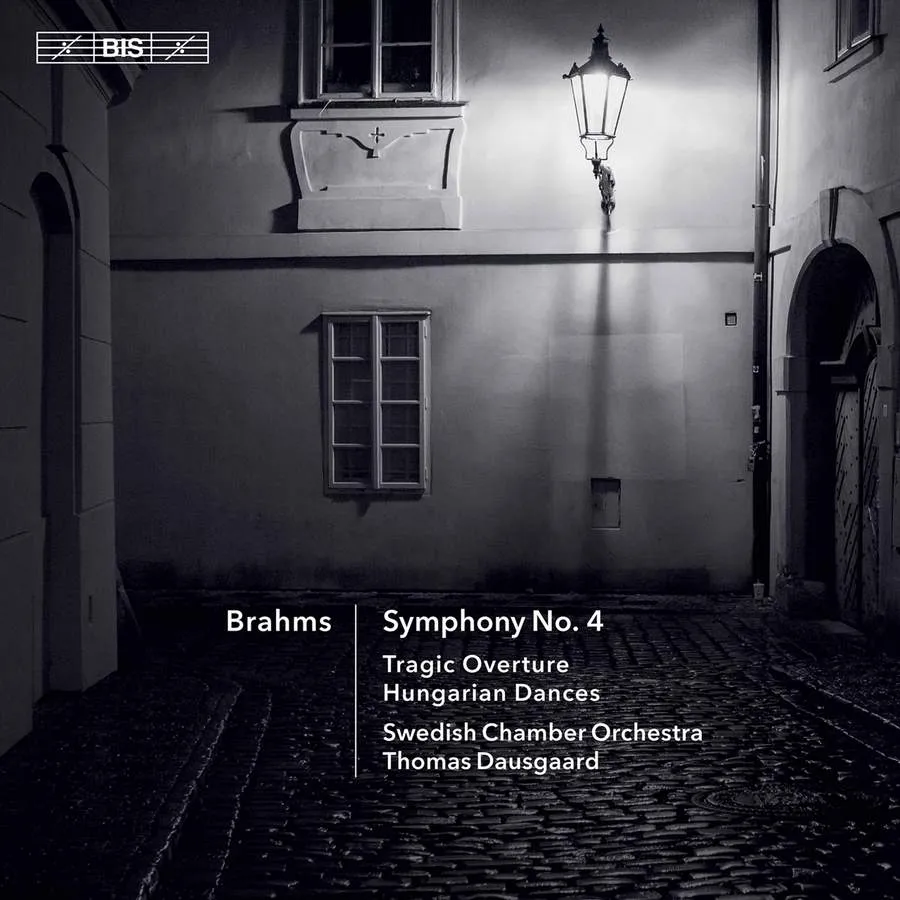
Brahms Symphony No. 4 in E minor, Op. 98; Tragic Overture, Op. 81; Hungarian Dances Swedish Chamber Orchestra/Thomas Dausgaard BIS BIS-2383 (SACD) 72:50 mins
At around 40 players, the Swedish Chamber Orchestra is comparable in size to the Meiningen Court Orchestra that Brahms himself so favoured; with a modest-size body of strings that allows the individual characters of the wind and brass instruments to come over more cleanly than the homogenised fatness we too often hear from full-size modern orchestras. Thomas Dausgaard takes full advantage of the responsiveness of his players to sustain a fine balance between expressive detail and overall momentum in his account of Brahms’s Fourth. In characterising individual passages, tempos may fluctuate, but always naturally; Dausgaard resists the temptation of some more Romantically-inclined conductors to make a meal of the richly scored return of the big string melody in the Andante, for instance. The overall trajectory of the four complementary movements is never lost.
Indeed, the almost Mendelssohnian urgency with which he pitches into that Cinderella among Brahms’s orchestral works, the Tragic Overture, will startle listeners used to the heavier readings. Where most conductors take 13 or 14 minutes to get through it, Dausgaard requires a mere 12, but in so doing avoids the loss of tension in the more shadowy reaches of the development one too often hears. The work sounds new-born.
His orchestration of nine of Brahms’s Hungarian Dances – immensely popular in the composer’s lifetime as piano duets – may be a bit fuller and more sophisticated than the three Brahms got around to scoring himself, but they invite comparison with other modern orchestrations such as the complete set by Iván Fischer.
Bayan Northcott